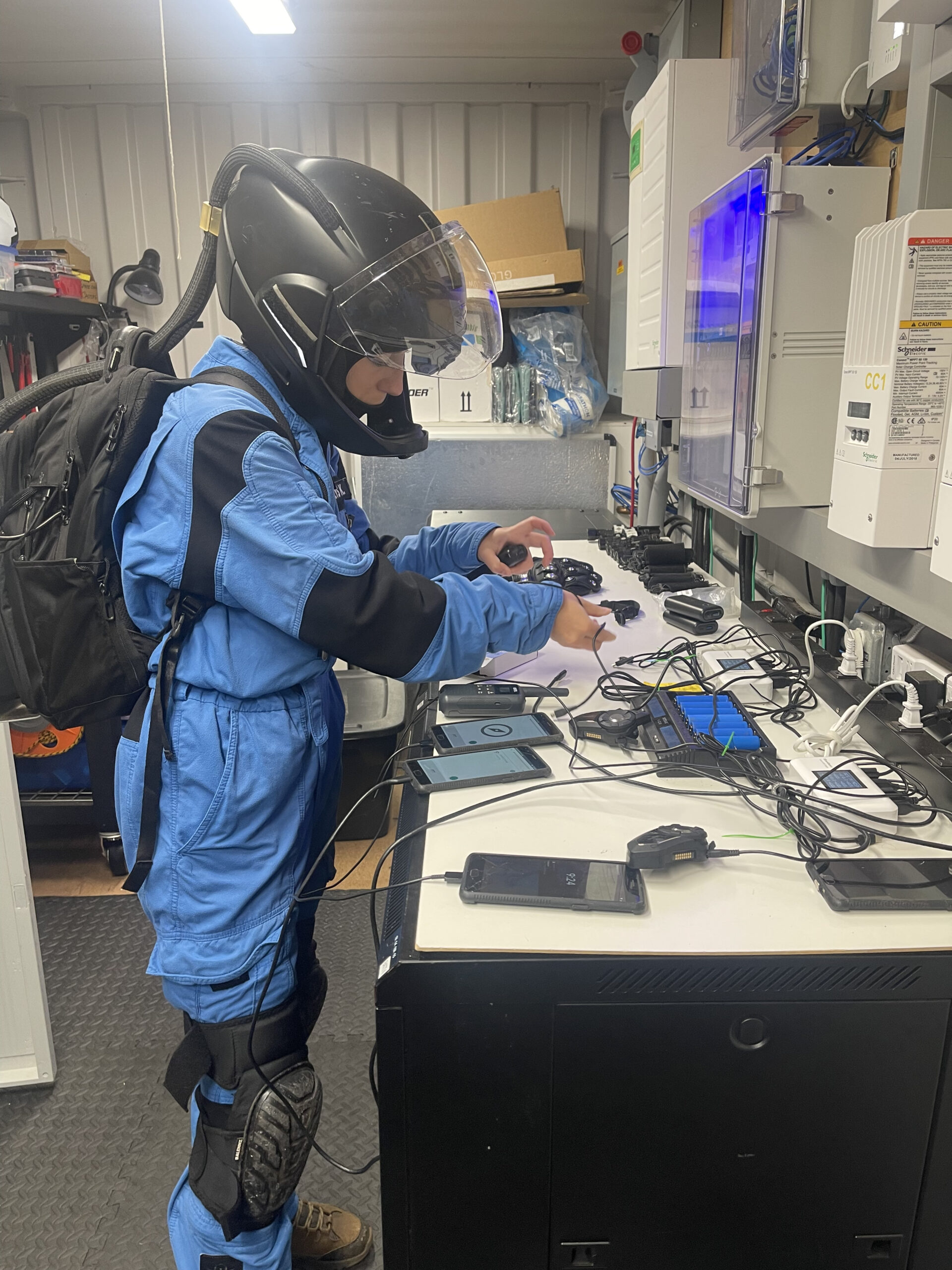For Kristine “Tin” Atienza, breaking into the global space sector was not an overnight success—it was the culmination of years of persistence, community building, and the courage to take her place in a field often dominated by engineers, physicists, and representatives of spacefaring nations.
Her journey began locally, in the Philippines, where she immersed herself in astronomy outreach through the UP Astronomical Society. Before even finishing her degree, Tin had already founded the Philippine Union of Student Organizations for Astronomy (PUSO for Astro) in 2015 and actively joined initiatives such as the Manila Street Astronomers. This early passion for building communities would soon define her trajectory.
“Before graduating from UP, I founded the Philippine Union of Student Organizations for Astronomy (PUSO for Astro) back in 2015. I also joined the Manila Street Astronomers. Later on, I also got involved in the astronomy community in Southeast Asia, through the Southeast Asian Astronomy Network, and then in the international community through the International Astronomical Union,” she recalls.

As her network expanded, so did her perspective. What started as astronomy outreach eventually evolved into deeper engagements with the global space industry. Tin’s turning point came when she joined the Space Generation Advisory Council (SGAC), one of the world’s largest youth-led space organizations.
“I was part of the organizing team for the Asia Pacific Space Generation Workshop, and then later on, I applied and got appointed as the Executive Secretary, coordinating and supporting almost 20,000 members worldwide. SGAC also gave me the opportunity to learn more about the space sector and be involved in different projects, from commercial space, Space4Women, space and life sciences, and many more,” she shares.
Through SGAC, Tin was introduced to emerging areas in space research. Her collaboration with nutritionists and dietitians interested in astronaut health led her to co-found a group dedicated to astronaut nutrition in extreme environments. This eventually became the Space Nutrition Network, an international community she formally launched in 2024.
“Just this year, I founded the Space Nutrition Network, an international community that brings together scientists, practitioners, and students to explore the future of nutrition in space and its applications on Earth. We are now over 50 members from different parts of the world, including experts from NASA, ESA, and other agencies such as NARSDA,” Tin explains.
But entering these global platforms was not without challenges. Tin admits she often felt like an outsider in a highly technical and competitive industry.
“I feel like I have to face a lot of barriers when I’m navigating the space industry especially as a woman, and as a South East Asian which I feel like a minority of minorities. The space industry could really be technical, and as you mentioned highly competitive and political. To add to that, my degree is not the usual you would find in the space industry, as I am not an engineer nor a physicist. So at first, and even now, I would feel overwhelmed and insecure. Even I would rethink how and why my voice matters in a room full of representatives of spacefaring nations.”
Instead of retreating, Tin leaned into opportunities to learn and grow. “So I would just join anything that I think I can learn something from. That’s how I got a lot of experience and exposure to the space industry at the global stage,” she says.
Her openness to learning has since propelled her into unique roles, including becoming an analog astronaut, where she trained and lived in simulated space habitats. These experiences sharpened her ability to navigate mission protocols, crew dynamics, and the human factors critical to long-duration space travel.
“The training and projects I’ve done sharpened three practical capacities. First, mission readiness: NASTAR certification and simulated flight training taught me protocols, safety awareness, and how to perform under pressure. Second, scientific and technical contribution: through the Space Nutrition Network and my studies in space food development, I’ve focused on translational science, turning nutrition research into menu cycles, preserved foods, and operations that work in constrained environments. Third, communication and leadership: I’ve led outreach, coordinated multi-stakeholder projects, and represented space in the Philippines in media and conferences,” she explains.
Now, as Tin campaigns to represent the Philippines on Blue Origin’s New Shepard, she brings with her not only technical knowledge but also a vision of representation.
“I don’t just want to sit in a capsule; I want to use that platform to inspire, educate, and accelerate Filipino participation in space. More than personal achievement, this campaign is about visibility—showing young Filipinos that they belong in space science and that representation can catalyze local programs, partnerships, and opportunities back home. If given the chance, I’ll fly with the responsibility of being both a scientist and a storyteller for the Philippines.”
Tin’s path in the global space community is a story of resilience, purpose, and representation. From organizing local astronomy groups to leading international networks, she has carved a role for herself—and, in doing so, has opened doors for future generations of Filipinos who dream of reaching the stars.


